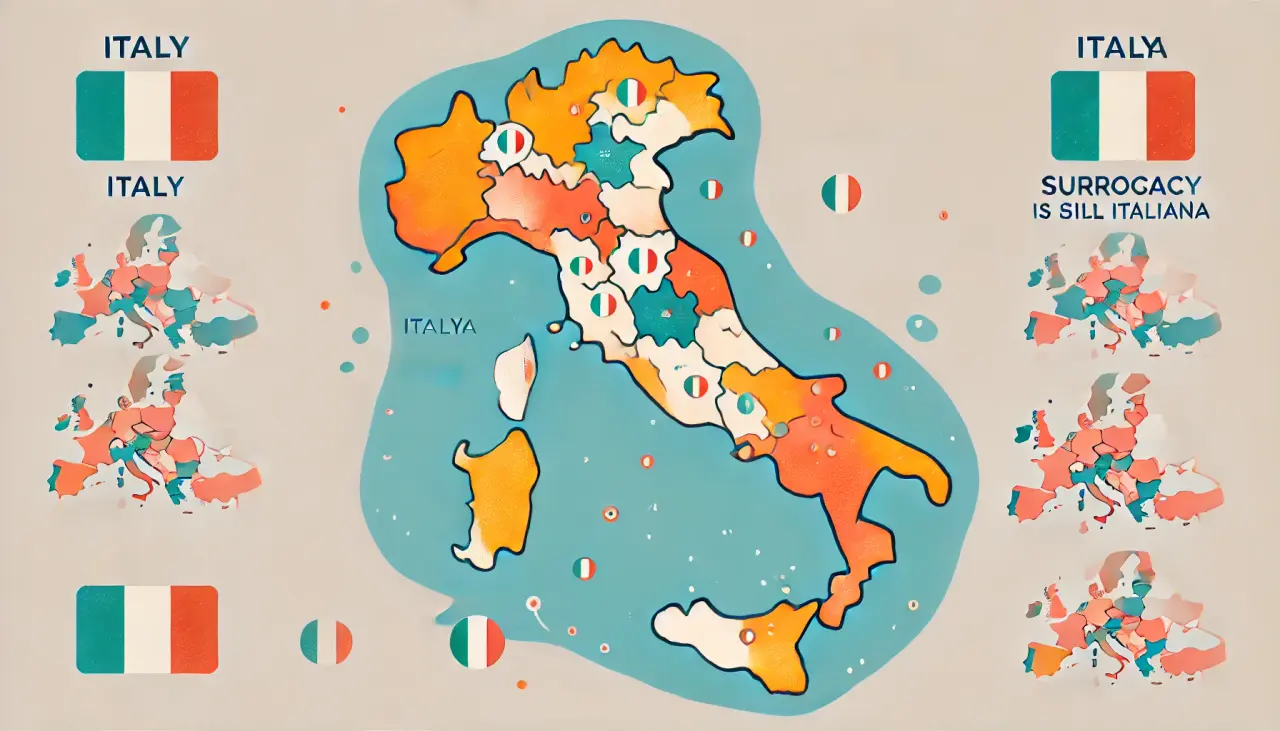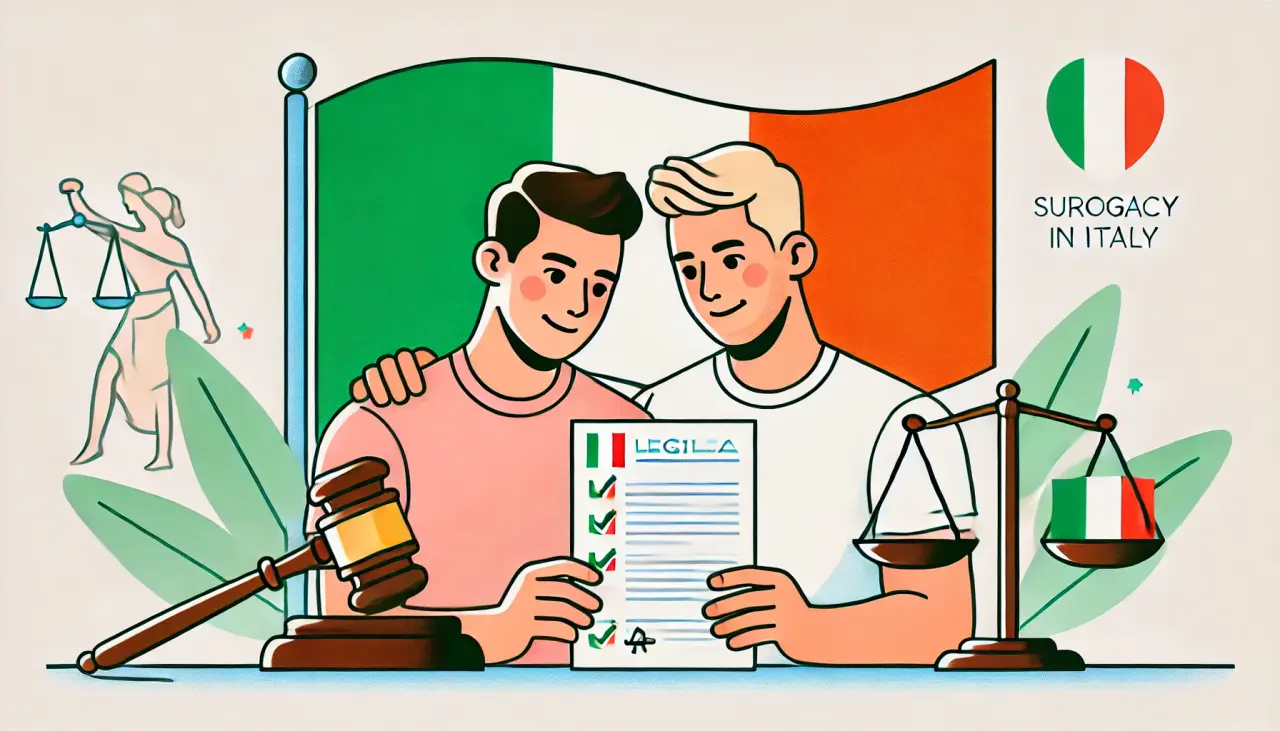
Surrogacy Laws in Italy: Criminalization of Overseas Surrogacy and Legal Consequences
On October 16, 2024, Italy passed a controversial law that criminalizes surrogacy abroad. Italian citizens who seek surrogacy services in other countries now face severe penalties, including hefty fines and potential imprisonment upon returning to Italy. The government has framed this move as a way to protect the dignity of women, but critics argue that it is a direct attack on the rights of LGBT families and others seeking alternative paths to parenthood. With these Italy surrogacy law changes in 2024, the situation for LGBT families and intended parents in Italy has become significantly more complex.

Italy Criminalizes Overseas Surrogacy: What Does the Law Entail?
The new law extends the pre-existing ban on surrogacy within Italy to include surrogacy services sought abroad. Italian citizens engaging in overseas surrogacy now face criminal charges when they return home. According to the new regulations, penalties range from €600,000 to €1 million in fines, with possible prison sentences of up to two years.
This reform marks a significant shift, as many Italians—especially wealthy citizens—previously sought surrogacy services in countries where it is legal, such as the US or Canada. The law aims to close this loophole and deter citizens from circumventing domestic restrictions by pursuing surrogacy internationally.
Penalties for Surrogacy in Italy
Under the current laws, Italian citizens involved in surrogacy can face harsh punishments. Those caught pursuing surrogacy abroad will face severe legal consequences:
- Fines: Between €600,000 and €1 million for engaging in surrogacy overseas.
- Prison Sentences: A maximum of two years in prison for those found guilty.
These penalties are not only aimed at deterring surrogacy but also reflect the conservative stance of Prime Minister Giorgia Meloni’s government, which has consistently opposed surrogacy and adoption by same-sex couples.

Impact on LGBT Families in Italy
The law is particularly challenging for LGBT families, who have relied on surrogacy abroad as their primary means of becoming parents. Same-sex marriage is not recognized in Italy, and the legislation surrounding adoption and parenthood is restrictive. Critics argue that this law disproportionately affects same-sex couples, further limiting their ability to build families.
Many same-sex families have expressed concerns about their future in Italy. Some have delayed or canceled their surrogacy plans due to fears of prosecution, while others are unsure how the law will be enforced. Legal challenges to the law are already being planned, but its immediate impact has been devastating for those in the LGBT community who hoped to have children via surrogacy.

Legal Challenges and Opposition
The law has sparked a backlash from opposition parties and human rights groups, who argue that it is discriminatory and potentially unconstitutional. Legal experts warn that enforcing the law will be difficult, especially when it comes to tracking and prosecuting citizens who pursue surrogacy abroad. Despite these concerns, the law remains in effect, and the future of surrogacy for Italian families, particularly same-sex couples, remains uncertain.